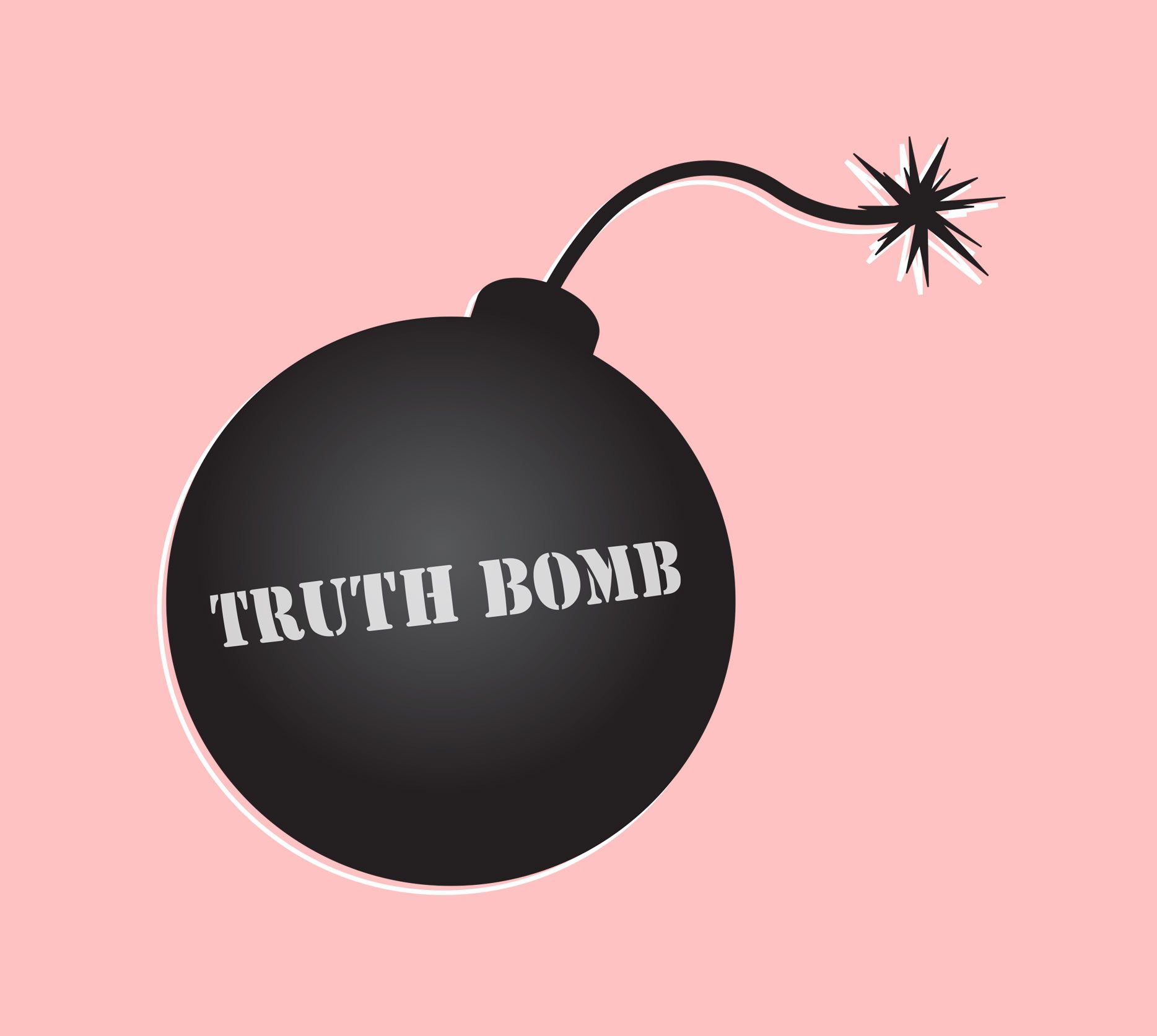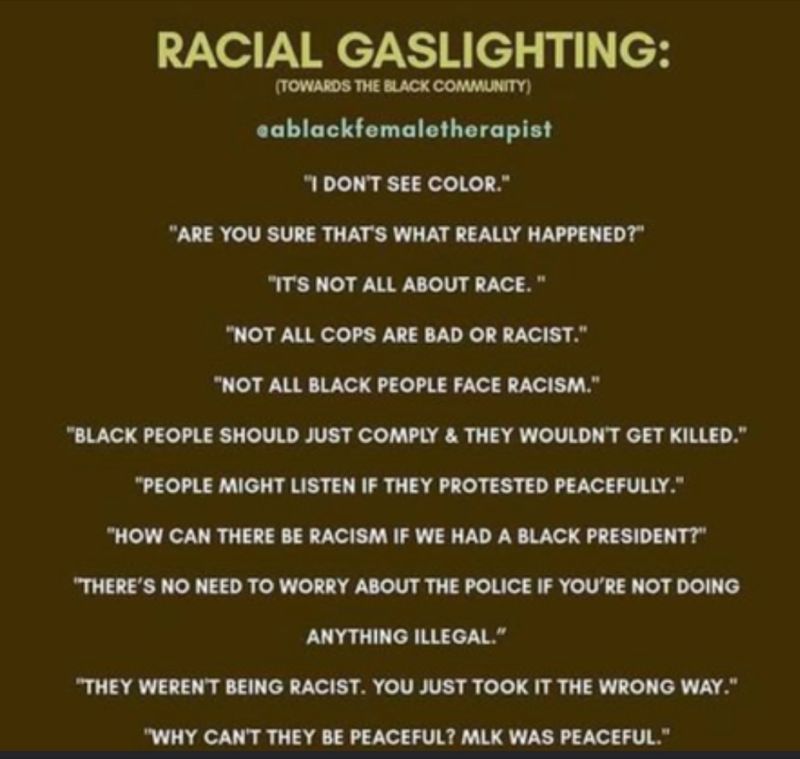Can money manage morality? More questions than answers about being a Black woman and supporting Birth of a Nation
Arguably, managing destructive narratives of race and gender in media such as the Nina Simone biopic or the casting call for Straight Outta Compton is a bit easier than managing the actions of the creators. Demonstrating our approval by voting with our dollars showing that certain portrayals of our culture are profitable and getting similar films green-lit is relatively straightforward. But what should be our approach when we seek not to vote on the precarious portrayals of us , rather the actions of the creator of our portrayals? How do we become “consumer activists”? Consumer activism… hmm…Bringing together the mundane activity of purchasing, the politics of voting and the powerful actions of systemic change doesn’t exactly get to what I want but, the three need to be married in some form. Thus, it’s the phrase I’m working with for now.
As Nate Parker has written, directed and starred in a movie that highlights a figure who took on the debilitating capitalist and patriarchal system of chattel slavery, in real life, he’s benefiting from a nuanced contemporary version of that same system. A system that allowed him to not be held accountable for rape. It is only in our oppressive patriarchal society that relegates access to women’s bodies through a misogynist gaze, where two men can have sex with an unconscious woman and one goes to prison and one is acquitted of all charges. Parker was offered freedom simply because he had a previous consensual sexual encounter with the victim. His acquittal implies that one night of consensual sex grants continual access to a woman’s body. This is the system we want to tackle.
But we want our people to be great, right? Of course. But what does consumer activism look like when we have competing agendas that conflict within the same consumer context? How do we root for Birth of a Nation while chastising Parker? We continue to see ourselves in this conspicuous place where we want to hold on to the goodness that’s within the person while calling attention to the bad simultaneously. And what if we actually like what they do? I don’t know how to love the Huxtables, love Bill Cosby’s philanthropy, love that he was attempting to purchase NBC and hate his classist remarks and his violation of numerous women. How do I as a consumer activist celebrate Ray Rice’s work on the field and call out his domestic violence? How do I consciously play “Backyard Party” at my Labor Day function and still condemn R. Kelly for pedophilia in a real way? I mean, real consequences and real celebrations.
When I get to these decisions I feel like my choices won’t make any impact. So, if the answer is a collective movement like the work against Sorority Sisters , then what large organizations should it be? If we aren’t members of those organizations how do we penetrate those spaces in hopes that they will make a statement about why they’re not supporting Birth of a Nation and get their members to follow? Is that feasible given the movie comes out in less than 60 days? How do I do this and not become “Anita Hill-ed” and be lambasted by Black social media friends/trolls/pseudo-conscious types for being an accomplice in a “high-tech lynching”? How do I critique the expectation of Black women’s dedication to the safety of Black men, but Black men’s reciprocation is optional?

I was here not too long ago trying to figure out how to exercise consumer activism prior to the release of Straight Outta Compton . How do I, an everyday concerned consumer, hold Dr. Dre accountable for his violence towards women? Just like we were excited to see the lives of NWA members, we want to finally see a movie about rebellious Africans that become a revisionist history of all the books and all the movies and all the stories we and generations before us had been indoctrinated with. Stories that told us that Africans were ignorant, docile, fear-filled and accommodating towards their white oppressors. We’ve been yearning to hear this story of Nat Turner. We want to see a revolution on screen. We need that, right? But we also want to see a revolution in our contemporary times. One in which we are able to use our consumer culture as a way to hold men accountable for their wrongdoings. I ended up avoiding the theaters and waiting to see the NWA biopic via Redbox (shrug).
But is it our expectation to manage morality through our consumer vote? Is boycotting Birth of a Nation a low-level attempt at impacting rape culture? At the time of the rape, Parker was an athlete at Penn State. How do we challenge sports-centered universities protecting violators (ie. Jerry Sandusky) whose major focus for protecting these men is due to the conspicuous interweaving of toxic patriarchy and capitalism to continue lucrative sports programs and stellar university images? (See Hunting Ground . And FYI fellow Buckeyes, OSU is not immune).
What does intra-racial and intra-gender accountability look like within Black communities that live within a consumer culture? How can Black women use our intersectionality as a site to enforce justice within our community towards people we don’t have access to? What is the real impact of sporadic groups of women from around the country (and our male allies) of choosing to withhold their investments when they are making their consumer activity choice based on the personal lives of these male creators and not the product itself? We’re attempting to use the movie as the vehicle to hold men accountable for the real-life violence impacting women’s live at the risk of not supporting their noble creations.
But even if we’re able to effectively boycott the movie by not voting with our dollar and figuring out a way to inform Nate Parker and his rape accomplice/co-writer and all that come after him that we will not vote for a project led by people whose current or past decisions are immoral or troubling at best, at what point do we agree that our consumer activism was a success? What do we have to see or hear for us to believe that it’s time to continue support? Hear an apology? State that he was wrong and own his iniquities? What would this lip service mean? What does punishment and atonement look like through a consumer/feminist/anti-patriarchal/anti-misogynoir lens?
And I’m not interested in picketing the movie theater or organizing a march. That’s for somebody I’m sure. It’s not for me. So here I am, again, at a stalemate.
So, in the meantime I’ll RSVP to the free screening of Birth of a Nation and take my son so that his first exposure to an American slavery film is about a Black man who decided to fight for freedom by any means necessary. But I won’t tell him how a young woman fought depression and fought Nate Parker’s ongoing harassment after he changed the course of her life by raping her. I won’t tell him that she lost that battle when she decided to take her own life. I won’t talk to him about the irony of Nate Parker vicariously taking her life by benefiting from the same systemic oppressive system that the character he plays is fighting against. And of course, the way karma works, Parker has a wife and five daughters to remind him how the victim’s father must have felt. The conundrum continues.











